Benedict Arnold, America’s Fighting General
The most successful battlefield commander in the American army during the early years of the American Revolution was Benedict Arnold. Between 1775 and 1777, Arnold helped capture a fort, led a miraculous trek, besieged a foreign city, fought a naval battle, led a relief force to lift a siege, and saved a battle that led to the surrender of a British army.
Within days after the Battles of Lexington and Concord, Captain Arnold hatched a plan to seize Fort Ticonderoga and its plentiful military stores, especially cannons needed by the Continental Army. He shared his daring idea with officials from Massachusetts who promptly gave Arnold a Colonel’s commission and authority to raise a force and capture Ticonderoga.
Learning that Ethan Allen and his Green Mountain Boys were already on their way to do just that, Arnold raced to join them. Upon reaching Allen’s camp near the fort, Arnold informed Allen that Arnold was now in charge, and quite naturally, this information led to a big brouhaha. Arnold and Allen almost came to blows and the Boys told Arnold they would only follow Allen. A deal was struck and the fort was captured, but hard feelings were created.
While at Ticonderoga, Arnold sailed to the north end of Lake Champlain and the village of St. John. What Arnold observed told him that Canada was lightly defended and there for the taking if the Americans acted boldly. He excitedly drafted a plan for the invasion of the province of Quebec and submitted it to the Continental Congress.
Over the following six weeks, Arnold became the de facto commander of the Lake Champlain region. In mid-June, he was replaced by Colonel Benjamin Hinman as theater commander. Indignant at this perceived lack of appreciation for all he had done, Arnold resigned his commission. Compounding his woes, Arnold’s wife Margaret died suddenly, leaving Arnold responsible for the care of his three children.
Without a job, Arnold lobbied to lead the invasion of Canada, but the command was given to General Phillip Schuyler, a wealthy New Yorker. Never one to accept defeat, Arnold raced to the main army camp around Boston to confer with General George Washington. There, Arnold convinced his Excellency that what we really needed was a second invasion force to support Schuyler and that Arnold was the man to lead it.
“Fort Western.” New York Public Library.
In September, Colonel Arnold led 1,100 men north from Fort Western (present day Augusta, Maine) to capture the Canadian city of Quebec. The march turned out to be one of the most remarkable in military history, a 360-mile trek through uncharted wilderness that took 46 grueling days to complete.
By the time the troops reached their destination, the force had shrunk to 600 starving, poorly clad men. Arnold laid siege to the city and, on December 31, along with men led by General Richard Montgomery, tried to take it by storm. Arnold was wounded in his left leg during the initial stages of the unsuccessful assault. Although they failed to capture Quebec, the exploits of Arnold and his hardy men were no less remarkable.
In June 1776, the Americans began a long retreat from Canada and recently promoted Brigadier General Arnold was given charge of the rear guard. Recognizing that the British would need to traverse Lake Champlain to reach American settlements, Arnold created a navy from scratch to defend the lake and delay the advance of the Redcoats.
Arnold’s armada bravely fought a much larger British fleet at the Battle of Valcour Island on October 11. Although the Americans lost, this fleet bought the United States much needed time, and that would prove to be a blessing the following year.
By now, Arnold’s exploits had made him a legend in America, but with that fame came resentment and jealousy from lesser men. In February 1777, when Congress promoted five men to Major General, Arnold’s name was not on the list, despite his unmatched heroics and a strong recommendation from General Washington.
Although disappointed and feeling underappreciated by Congress, Arnold stayed at his post. In late April, a 2,000-man British force raided Danbury, Connecticut. Arnold put aside his anger and mounted a spirited defense with 500 local militiamen and forced the Brits to beat a hasty retreat. As at Quebec and Valcour, the intrepid Arnold led from the front and had a horse shot out from under him and his coat collar shot off.
Word of Arnold’s bravery reached Congress who, a bit embarrassed at their neglect of this American hero, immediately promoted Arnold to Major General. John Adams even suggested a medal be made displaying Arnold’s heroics to inspire others.
Still unhappy with his treatment by Congress, on July 11, 1777, Arnold submitted his letter of resignation. The timing of Arnold’s letter coincided with one from Washington asking Congress to send Arnold to salvage the situation developing north of Albany.
Next week, we will discuss the hero of Saratoga. Until then, may your motto be “Ducit Amor Patriae,” love of country leads me.

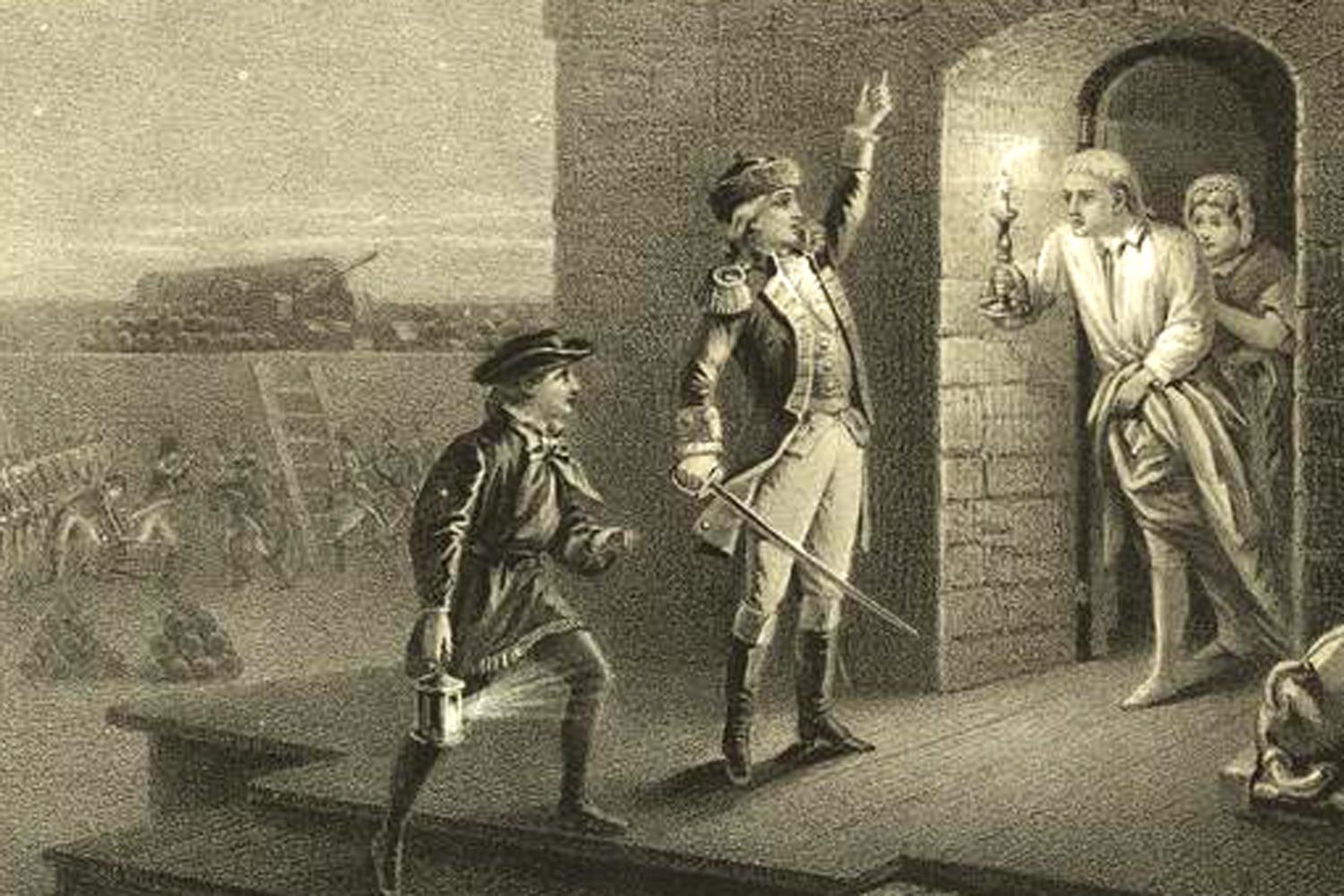
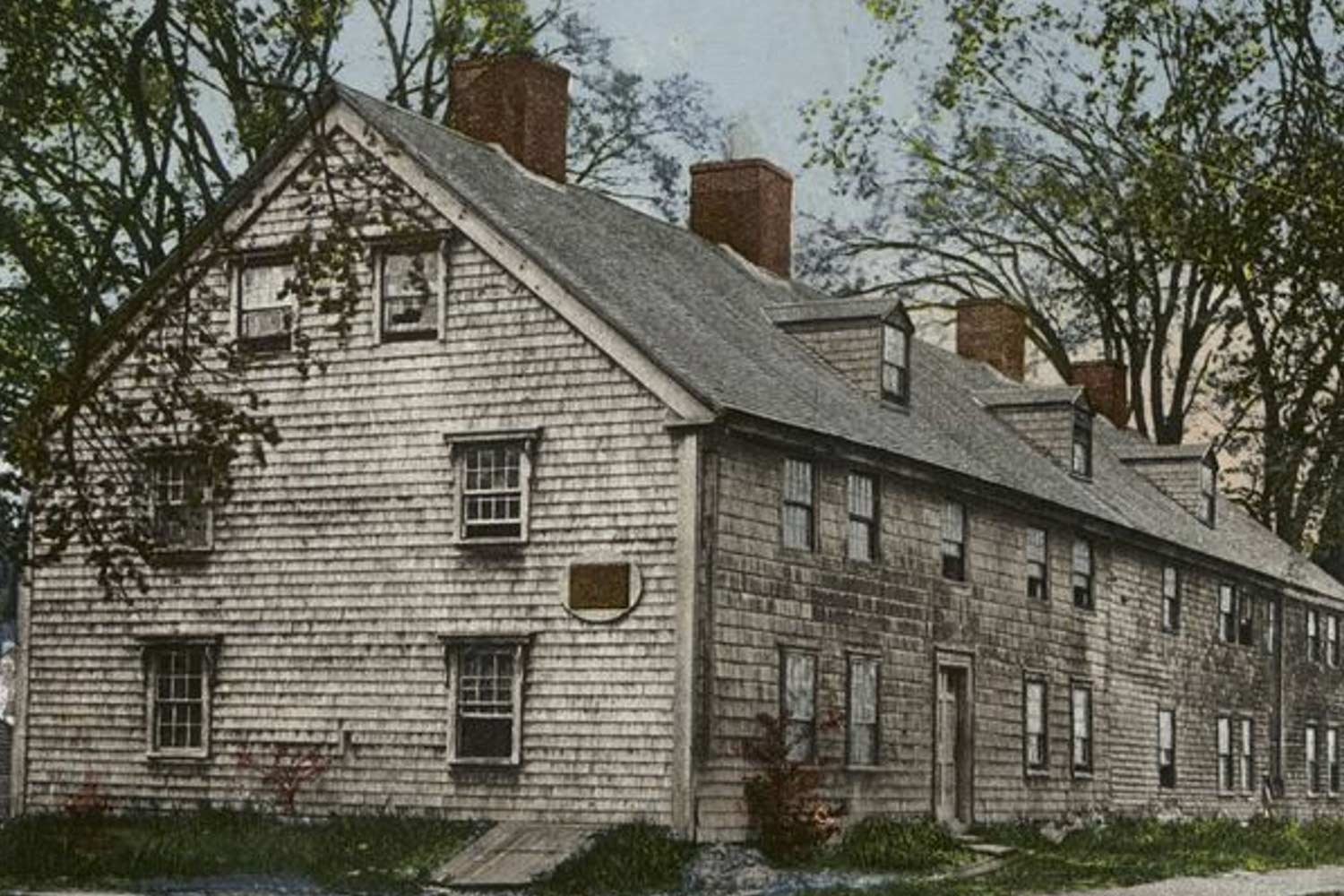
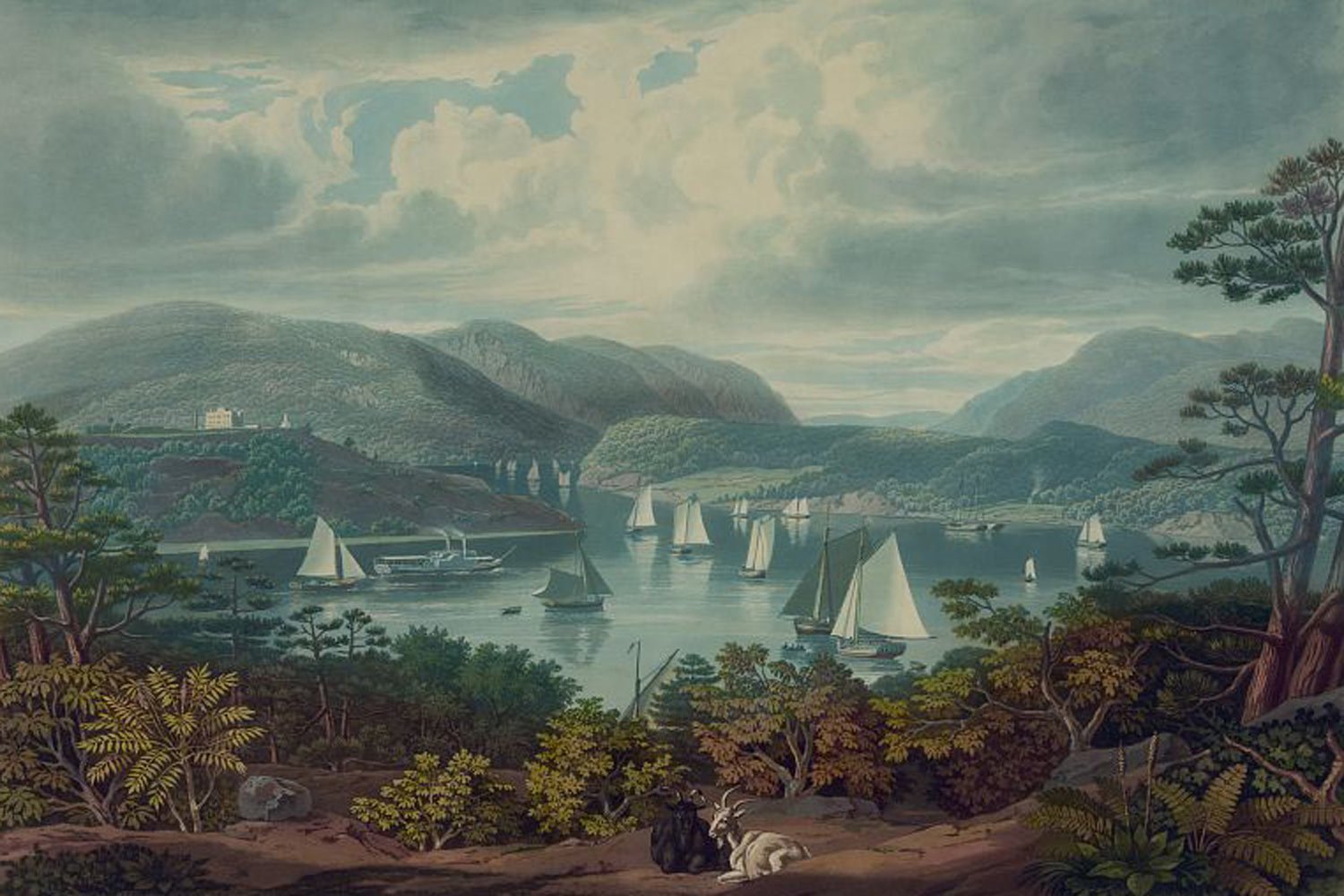

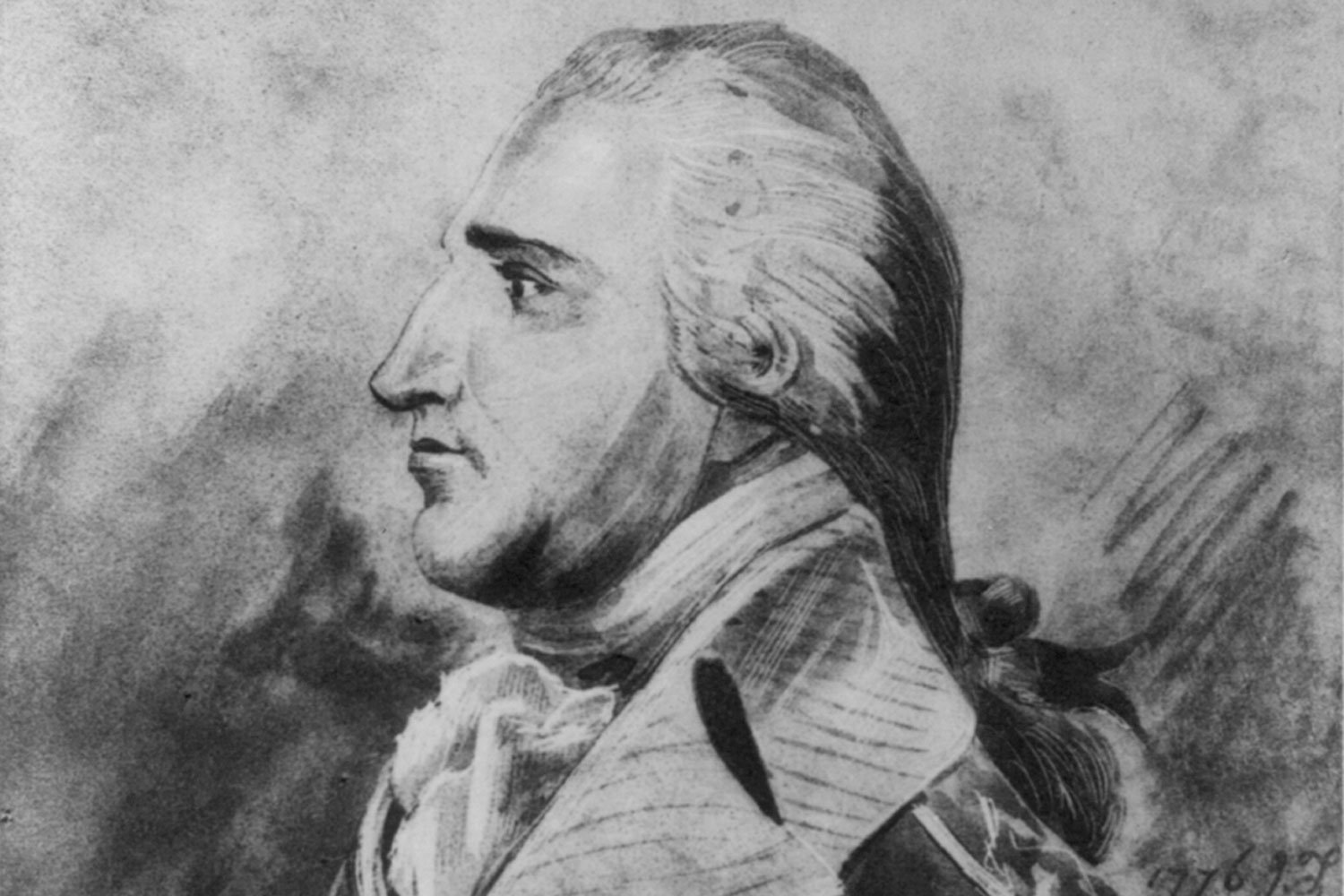

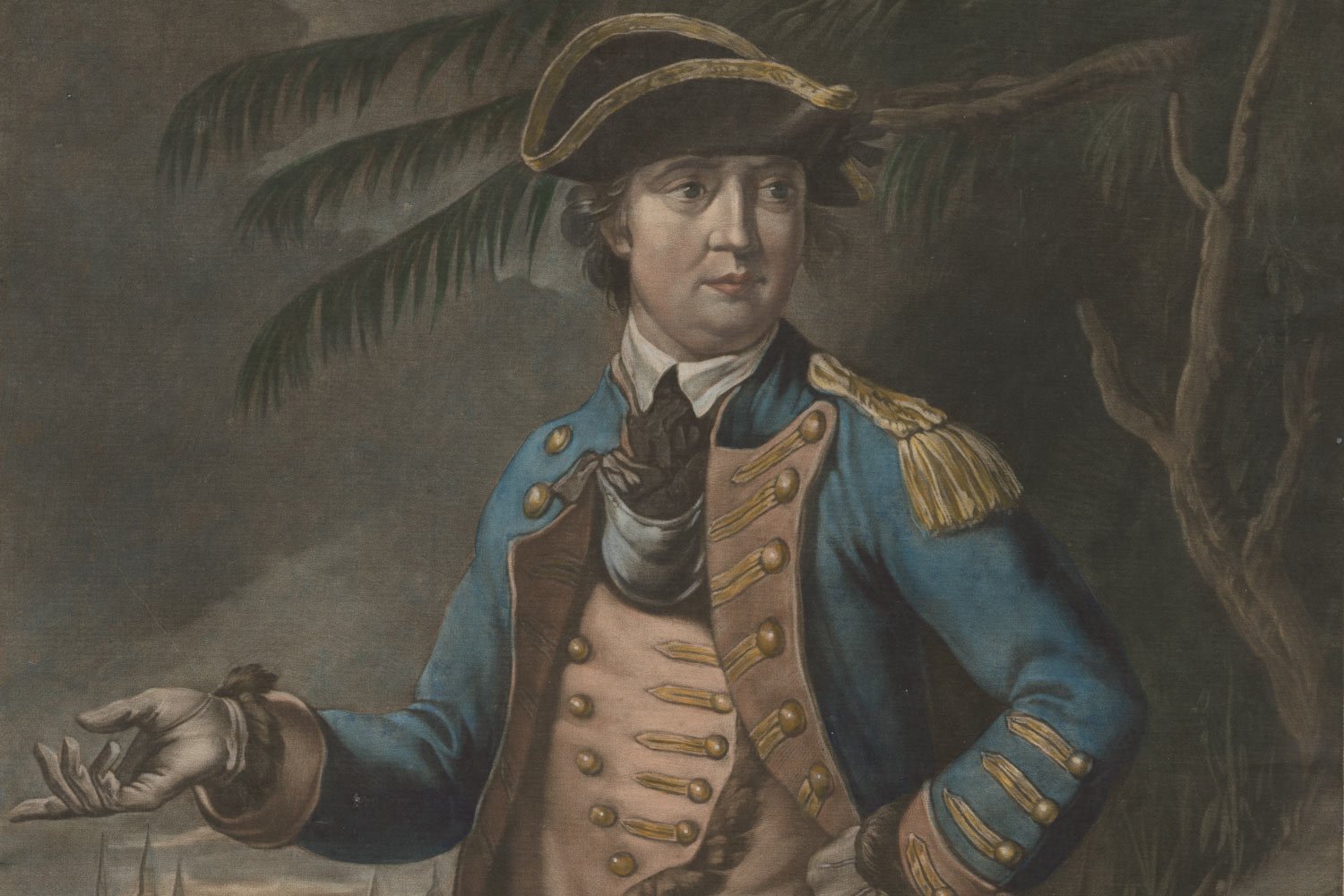
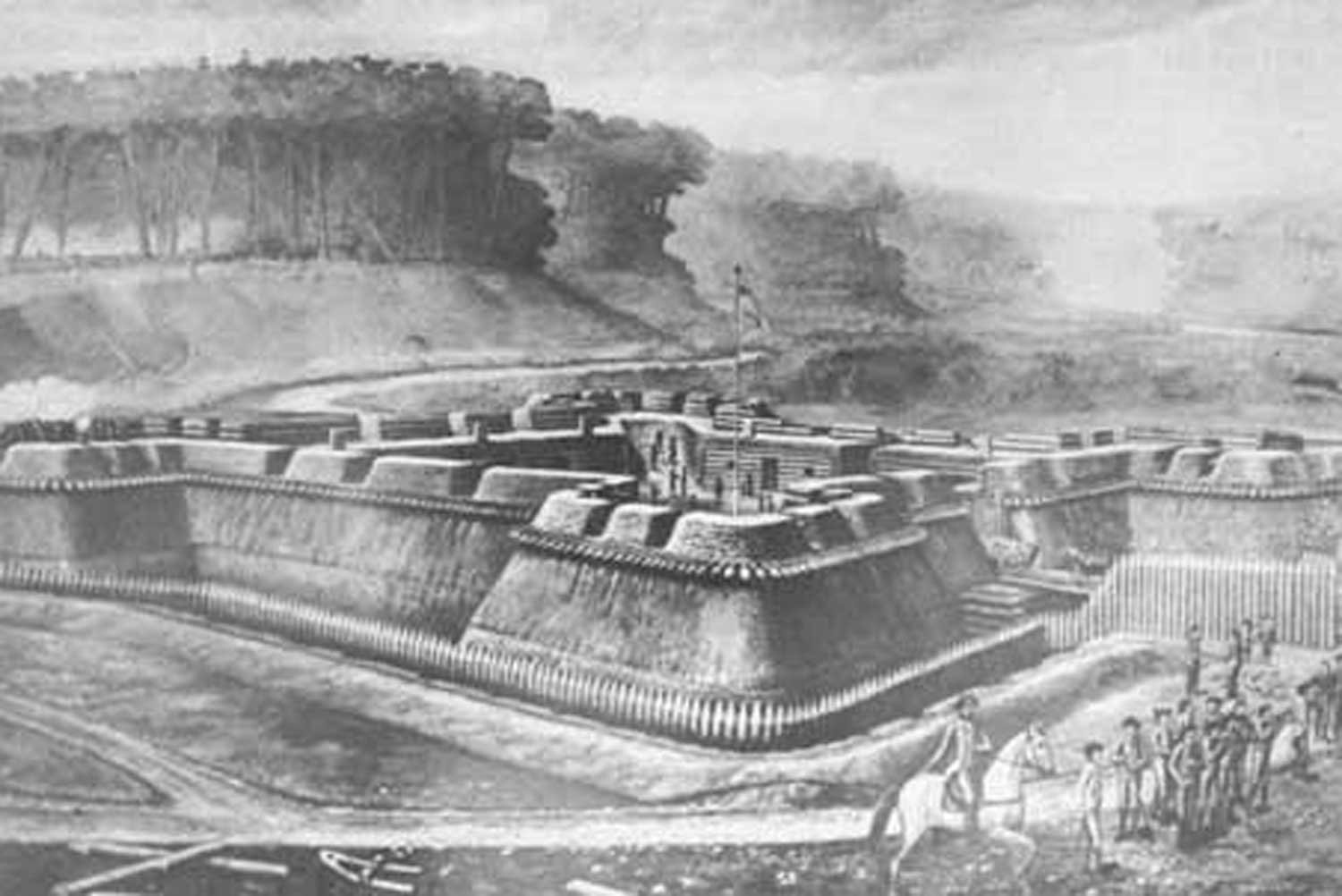
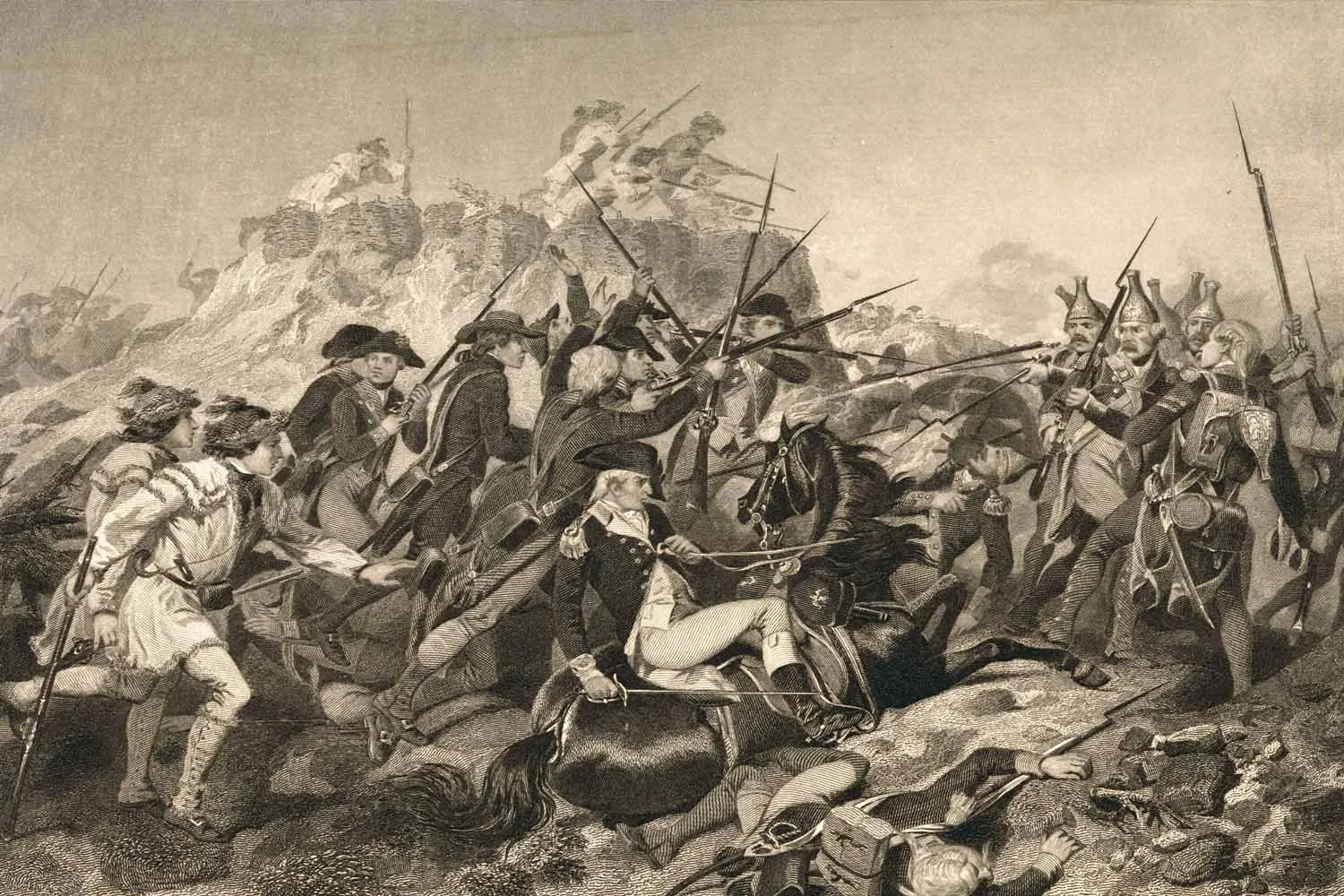
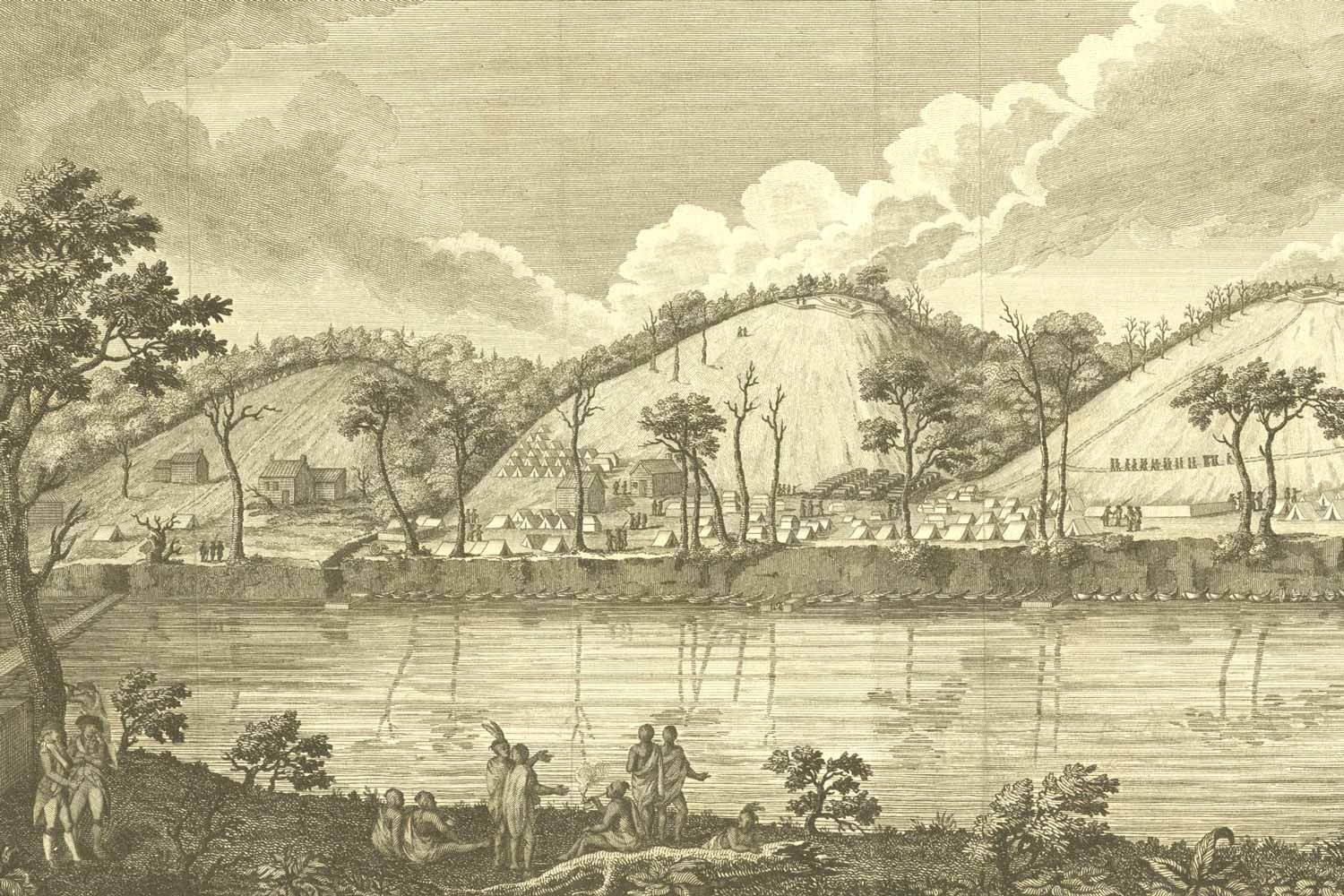
Lieutenant Colonel John Jameson, who commanded the unit that had captured the British spy Major John Andre, ordered an aide to take word to General Benedict Arnold about Major John Andre’s capture. He sent another aide to find and inform General George Washington as well.